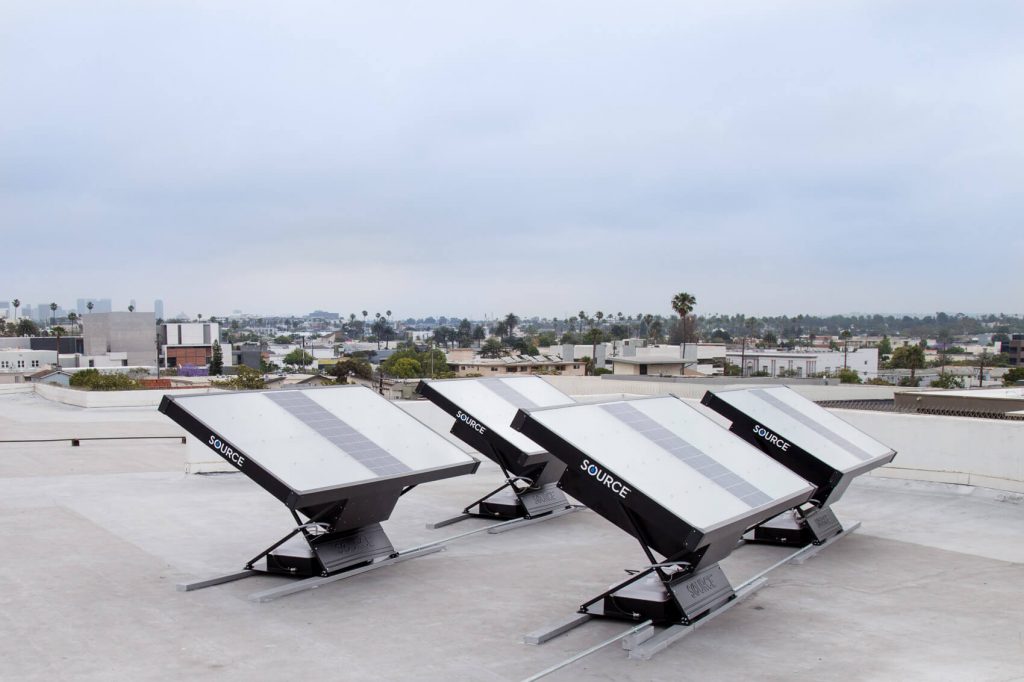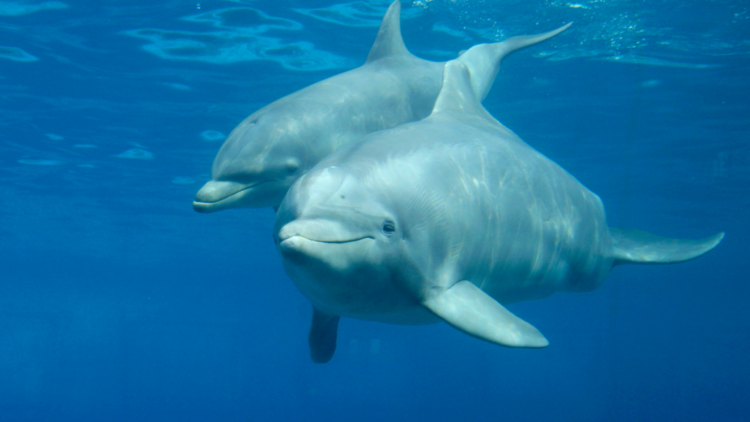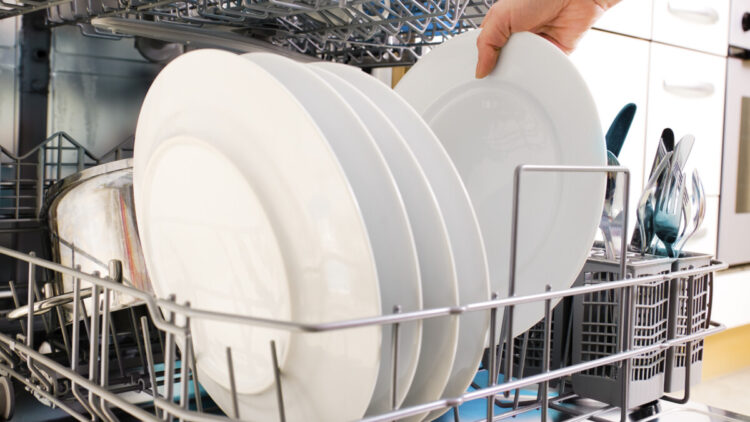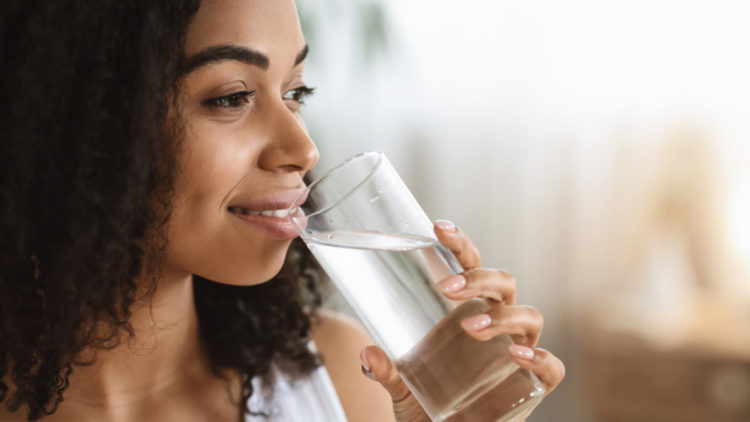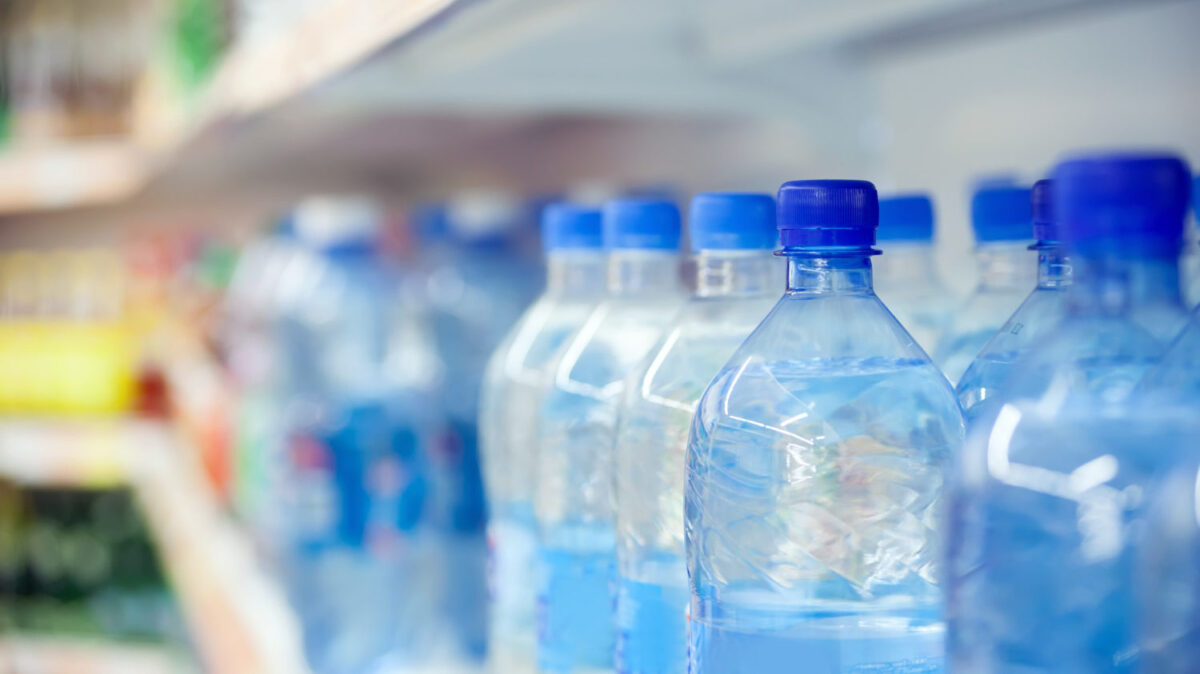How these solar panels turn air into drinking water
Solar energy technology is now being used for a unique new purpose: to create drinking water by harvesting it out of the air. Zero Mass Water harnesses energy through solar panels to produce clean water, even in dry climates.
First developed at Arizona State University, the company’s product, Source, is now available to consumers throughout the United States. The panels cost $2,000 each and are capable of producing an average of 2 to 5 liters of water, or more than 12 16-ounce bottles, a day. They can be installed for $500.
The panels have three components: a typical solar panel, plus a material that generates heat and a material that absorbs moisture from the air. The process by which the panels work is scientifically complex, but Cody Friesen, the company’s founder and executive officer, breaks it down using an analogy.
“So in the same way that when you leave the lid off a sugar bowl the sugar bowl gets a little clumpy, that’s because that sugar likes the water in the air. Our materials do exactly that,” Friesen told The Verge.
Still confused? Watch this video for more details on the process:
Zero Mass is set to install 150 Source “hydropanels” in airports, cafes and commercial buildings throughout Australia. The company hopes that the panels will reduce the use of bottled water, and a third party will conduct a study to determine bottled-water use after they’re up and running.
Zero Mass was also able to help out with a water shortage after the hurricane in Puerto Rico, as well as provide water for a girls’ orphanage for Syrian war refugees in Lebanon.
https://www.instagram.com/p/BcvZ-IABjnN/?hl=en&taken-by=zeromasswater
While the potential for the technology is exciting, retired NASA climatologist Bill Patzert cautions that important questions regarding its use still remain.
“The question is, is it scaleable to a larger community or even an entire city?” Patzert told CBS News. “Of course the next step will be to see how economical it is on a large scale … so that we can use it not only for a single home but for entire communities.”


